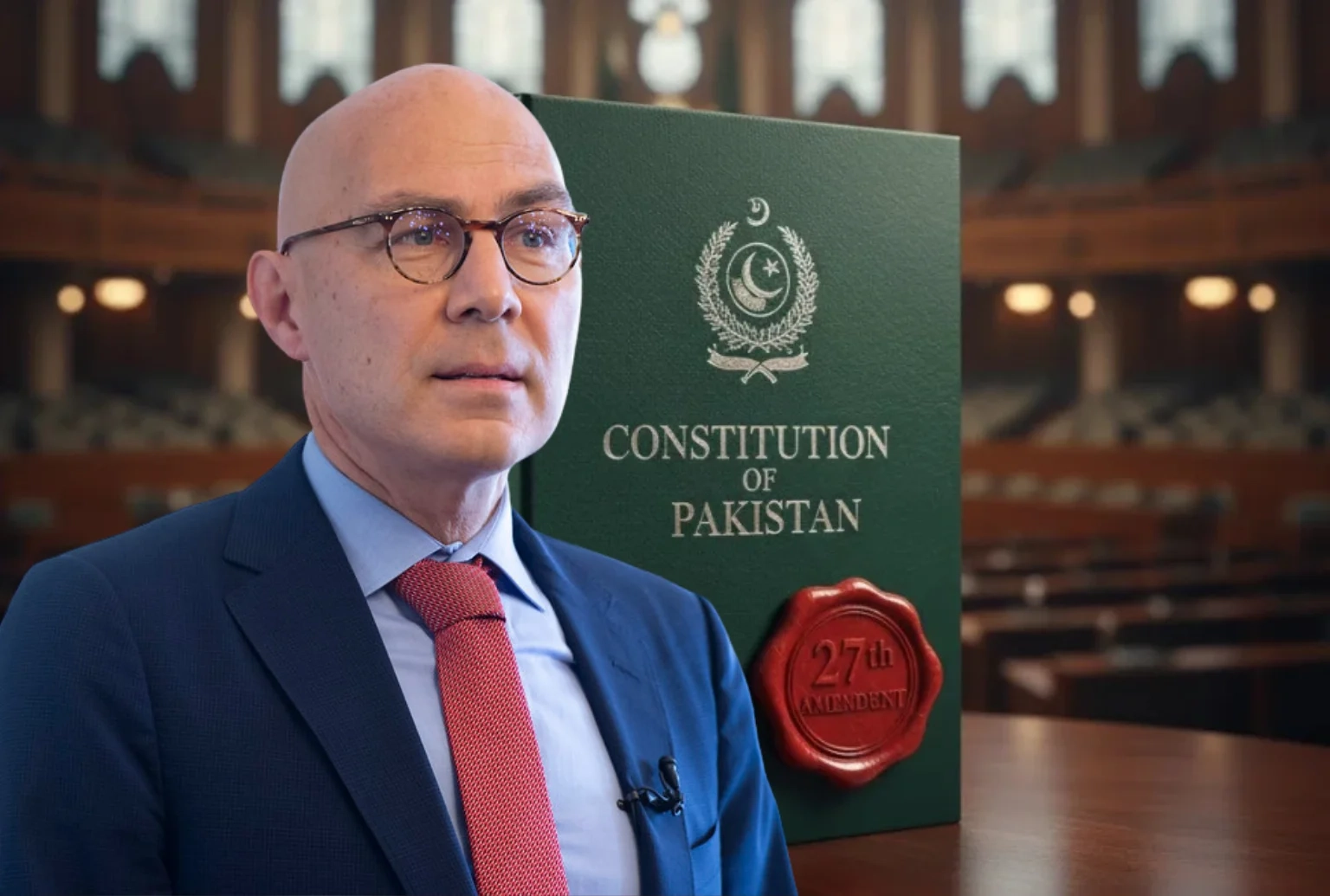Lifetime Immunity for Field Marshal Ignites Human Rights Concerns

Concerns Over Rule of Law and Accountability
The United Nations High Commissioner for Human Rights, Volker Türk, has expressed serious concern over Pakistan’s latest constitutional amendments, warning that they undermine judicial independence and weaken accountability of the military. According to a report by BBC Urdu, Türk said the hurriedly passed changes raise “grave concerns for the rule of law and respect for human rights.”
Federal Constitutional Court Established
The amendments, approved on 13 November, transfer constitutional jurisdiction from the Supreme Court to a newly created Federal Constitutional Court (FCC). The Supreme Court will now only hear civil and criminal cases. Critics argue this restructuring diminishes the judiciary’s autonomy, especially since the FCC’s chief justice and judges have already been appointed by the president in consultation with the prime minister.
Risks of Political Interference
Türk cautioned that the reforms collectively increase the risk of political interference and administrative control over the judiciary. He stressed that neither the executive nor parliament should be in a position to direct or influence judicial decisions, noting that judicial independence is essential for protecting human rights against political pressure.
Immunity Clauses for Top Officials
The amendments also grant lifetime immunity from criminal proceedings and arrest to the president, field marshal, air force marshal, and admiral of the fleet. Türk warned that such sweeping exemptions weaken accountability and erode democratic oversight of the armed forces.
Broader Implications
The UN rights chief emphasized that judicial independence is a cornerstone of democracy and the rule of law. He warned that these amendments could have “far‑reaching consequences” for principles cherished by the Pakistani people, including democracy and equal protection under the law.

